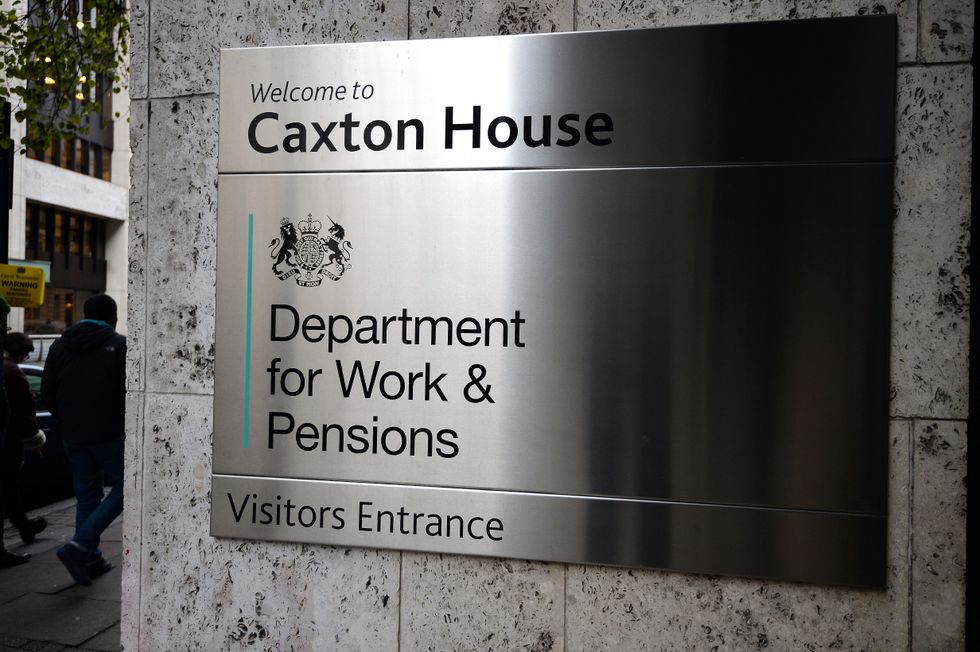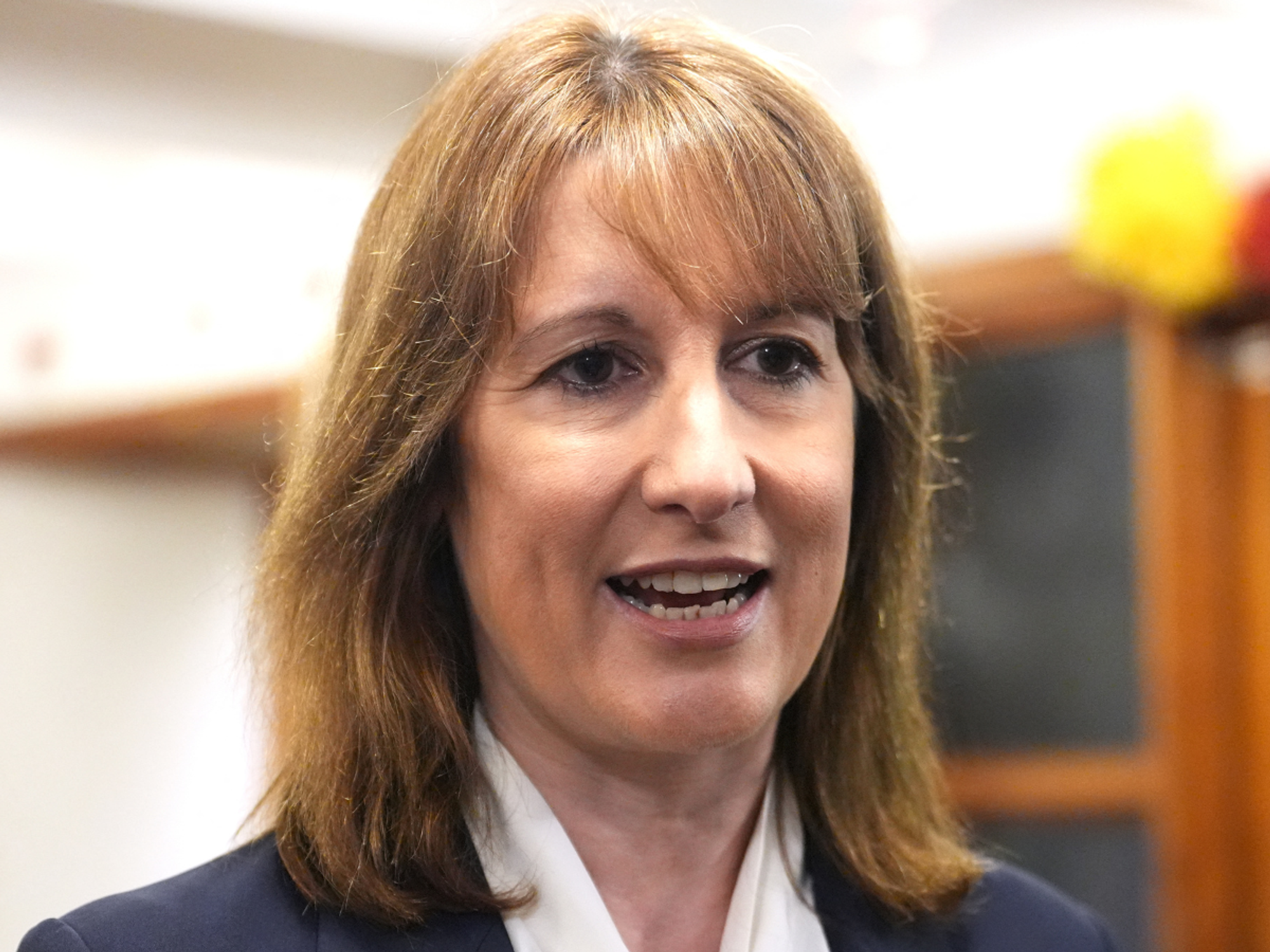DWP launches benefits crackdown as fraudsters scam taxpayers out of £1bn a year

The Government estimates that these measures could save taxpayers £1.6bn over the next five years
| GETTY
The Government estimates that these measures could save taxpayers £1.6billion over the next five years
Don't Miss
Most Read
Latest
The Department for Work and Pensions (DWP) is launching a crackdown on benefit cheats who are costing taxpayers up to £1.1billion annually.
These fraudsters pretend to live alone whilst actually cohabiting, allowing them to claim higher benefits.
To combat this issue, the DWP has signed two new contracts worth approximately £7million to modernise its fraud detection systems.
The larger contract, valued at £5.08m, was awarded to R+ Analytics, whilst the smaller £2m contract went to bedigital. These firms will support and maintain the DWP's Data Service Platform, a critical tool in managing big data to identify fraud and error.
The Government estimates that these measures could save taxpayers £1.6bn over the next five years.
Fraudsters have cost the DWP an estimated £3.9bn over the past four years, with the worst-case scenario reaching £4.5bn, new figures have shown.
Couples, whether married or not, typically have their joint income assessed to determine benefit entitlements. However, hundreds of individuals are lying about their living situation to claim thousands in undeserved benefits.

Benefit fraud accounted for £7.4bn in the last year alone
| PAThe scale of the problem is significant, with benefit fraud accounting for £7.4bn in the last year alone – equivalent to £20m every day.
Recent cases highlight the extent of this fraud. Emma Buck, a 49-year-old mother of six, defrauded £85,000 by claiming to be separated from her partner, despite him having a key to their home. She avoided jail after admitting the offences.
Claire Finney fraudulently claimed nearly £100,000, spending it on luxury holidays in Cyprus. She was ordered to repay just £11 monthly, meaning full repayment would take over 700 years.
Becky Reed, posing as a single mother, claimed £75,000 over five years before her deception was uncovered when her partner paid their internet bills.
These cases demonstrate the various ways individuals exploit the system, often going undetected for years and causing significant financial losses to the taxpayer.
Joanna Marchong of the TaxPayers' Alliance said: "Taxpayers will be left seething by these single swindlers."
The DWP is set to receive new powers to better investigate suspected fraud. Social media platforms like Facebook, TikTok, and Twitter are being utilised to track down those lying about their living situations.
Banks and financial institutions will be required to share account data with the DWP, though the department itself will not have direct access to bank accounts.
A DWP spokesman stated: "This Government will not tolerate fraud or waste anywhere in public services, including in the social security system. We are determined to reduce fraud and error and are currently exploring all options on how best to achieve our goal."
The DWP is also conducting a widespread review of Universal Credit claims, contacting claimants for additional documentation and scheduling telephone interviews. Claimants may be contacted through their online accounts to provide additional documentation, including bank statements, proof of identity, and details on housing costs, wages, and other income sources.
Some individuals may be called for telephone interviews to discuss their claims in detail. The DWP warns that failure to attend these interviews could result in payment suspension.
A DWP spokesperson stated: "Your Universal Credit claim might be reviewed to make sure you're getting the right payment and support."
The outcome of these reviews could lead to adjustments in Universal Credit payments, with affected individuals receiving notifications through their online accounts.
Labour has announced its own plans to crack down on benefit fraud, stating that the current level of fraud costs taxpayers nearly £10bn annually.
Marchong said: "As the Government seeks to sort out the public finances, failing to ignore the billions that are being lost by this benefit fraud would be a breach of trust with Britons.










